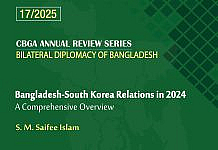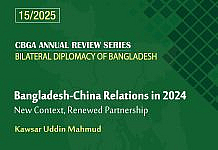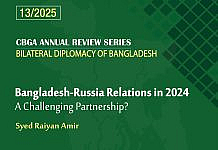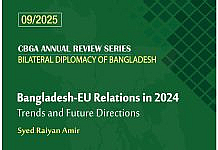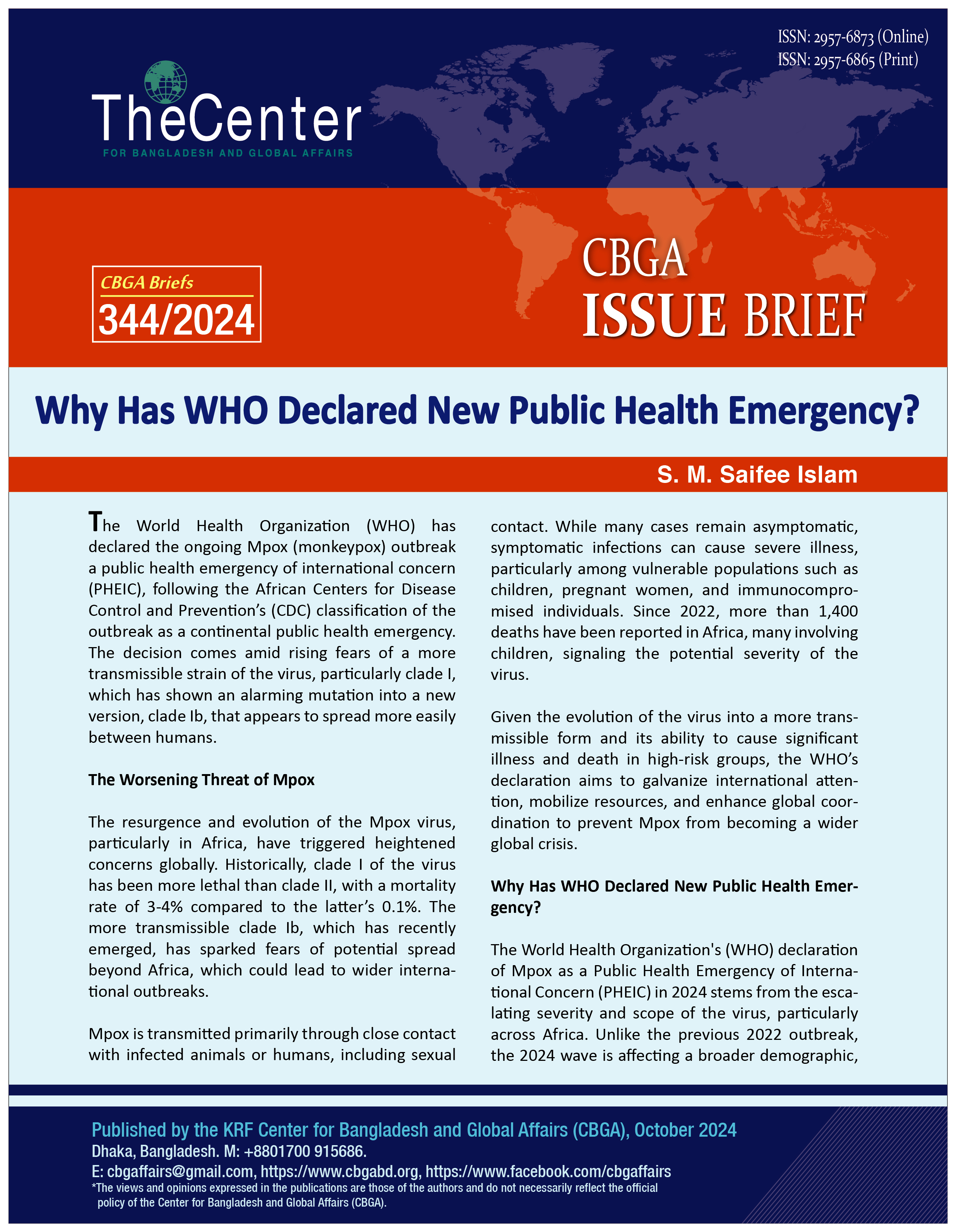
The World Health Organization (WHO) has declared the ongoing Mpox (monkeypox) outbreak a public health emergency of international concern (PHEIC), following the African Centers for Disease Control and Prevention’s (CDC) classification of the outbreak as a continental public health emergency. The decision comes amid rising fears of a more transmissible strain of the virus, particularly clade I, which has shown an alarming mutation into a new version, clade Ib, that appears to spread more easily between humans.
The Worsening Threat of Mpox
The resurgence and evolution of the Mpox virus, particularly in Africa, have triggered heightened concerns globally. Historically, clade I of the virus has been more lethal than clade II, with a mortality rate of 3-4% compared to the latter’s 0.1%. The more transmissible clade Ib, which has recently emerged, has sparked fears of potential spread beyond Africa, which could lead to wider international outbreaks.
Mpox is transmitted primarily through close contact with infected animals or humans, including sexual contact. While many cases remain asymptomatic, symptomatic infections can cause severe illness, particularly among vulnerable populations such as children, pregnant women, and immunocompromised individuals. Since 2022, more than 1,400 deaths have been reported in Africa, many involving children, signaling the potential severity of the virus.
Given the evolution of the virus into a more transmissible form and its ability to cause significant illness and death in high-risk groups, the WHO’s declaration aims to galvanize international attention, mobilize resources, and enhance global coordination to prevent Mpox from becoming a wider global crisis.
Why Has WHO Declared New Public Health Emergency?
The World Health Organization’s (WHO) declaration of Mpox as a Public Health Emergency of International Concern (PHEIC) in 2024 stems from the escalating severity and scope of the virus, particularly across Africa. Unlike the previous 2022 outbreak, the 2024 wave is affecting a broader demographic, raising new public health concerns. The declaration signals the need for global cooperation and intensified public health measures to prevent a widespread crisis. Below are five key points analyzing the rationale behind WHO’s decision to declare a new public health emergency.
Rising Spread and Evolving Virus Strain
One of the most pressing reasons for the WHO’s declaration is the rapid spread of a newly evolved Mpox strain. The 2024 outbreak in Africa, particularly in the Democratic Republic of the Congo (DRC), has shown that clade Ib of the virus is highly transmissible, affecting a broader population, including women and children. This marks a significant departure from the 2022 outbreak, which primarily impacted men who have sex with men. The wider transmission pattern, coupled with increased fatalities, particularly among vulnerable populations like children, highlights the urgent need for coordinated international action.
Impact on Vulnerable Populations
Children have been disproportionately affected by the ongoing Mpox outbreak, with 66% of reported cases and over 82% of deaths involving children under 15 years in the DRC. The vulnerability of children to the virus is exacerbated by factors such as compromised immunity, malnutrition, and lack of prior smallpox vaccination. In regions where Mpox is endemic, like parts of Africa, these populations face a heightened risk of severe outcomes. WHO’s declaration acknowledges the significant threat the virus poses to these vulnerable groups and emphasizes the need for targeted public health interventions to protect them.
Lack of Testing and Surveillance
A severe lack of testing and surveillance, particularly in the DRC, is obscuring the true scale of the Mpox outbreak. Health officials estimate that less than 30% of cases are tested, making it difficult to accurately track and respond to the spread of the virus. This testing gap leaves public health authorities “working blind,” as WHO IHR Committee Chair, Dimie Ogoina, is noted. Without reliable data, health authorities are unable to properly assess the outbreak’s scope, deploy resources effectively, or develop targeted response strategies. The WHO’s declaration aims to catalyze global investment in improving testing and surveillance, particularly in affected regions.
Broader Global Risk
Although WHO officials have stated that Mpox is “not the new Covid,” the potential for the virus to spread beyond Africa has become a significant concern. The detection of the new Mpox clade in countries neighboring the DRC that had not previously reported cases indicates that the virus could spread further across Africa and even beyond the continent. This risk is compounded by the virus’s evolving transmissibility, creating potential scenarios where it could take root in other regions with vulnerable health systems. The declaration is meant to galvanize international collaboration to prevent further cross-border transmission.
Need for Global Cooperation and Preparedness
WHO’s declaration also underscores the importance of international coordination in addressing the Mpox crisis. The organization has called for strengthened global research and preparedness, as emphasized at the Global Pandemic Preparedness Summit 2024. The declaration is not just a reaction to the current outbreak but a proactive move to build global solidarity and ensure that future pandemics, including potential Mpox resurgences, are met with rapid, comprehensive responses. WHO Director-General Tedros Adhanom Ghebreyesus highlighted the need for a coordinated effort to stop the outbreaks and save lives, emphasizing that international cooperation is key to containing the virus.
To conclude, the declaration of a public health emergency in Africa is a critical step toward intensifying surveillance, enhancing cooperation, and improving the availability of diagnostic tools for Mpox. Yet, the true cornerstone of controlling this outbreak lies in vaccine access. Unlike the early stages of the COVID-19 pandemic, vaccines for Mpox exist—but their distribution remains a significant challenge. High-income countries, having already secured most of the available doses after the 2022 outbreak, must resist the temptation to stockpile vaccines and treatments as they did during COVID-19. The ongoing negotiations to secure 200,000 vaccine doses for Africa are a start, but they fall far short of the 10 million doses experts believe are needed to stop the current epidemic. The global health community must act with urgency and equity, recognizing that the most effective way to prevent a global crisis is to extinguish the fire where it began. Only through solidarity, fair distribution of resources, and a commitment to global cooperation can we effectively contain the outbreak and prevent it from spreading beyond Africa’s borders. The time to act is now, before the flames of this health emergency reach the rest of the world.
– S. M. Saifee Islam is a Research Associate at the KRF Center for Bangladesh and Global Affairs (CBGA).



